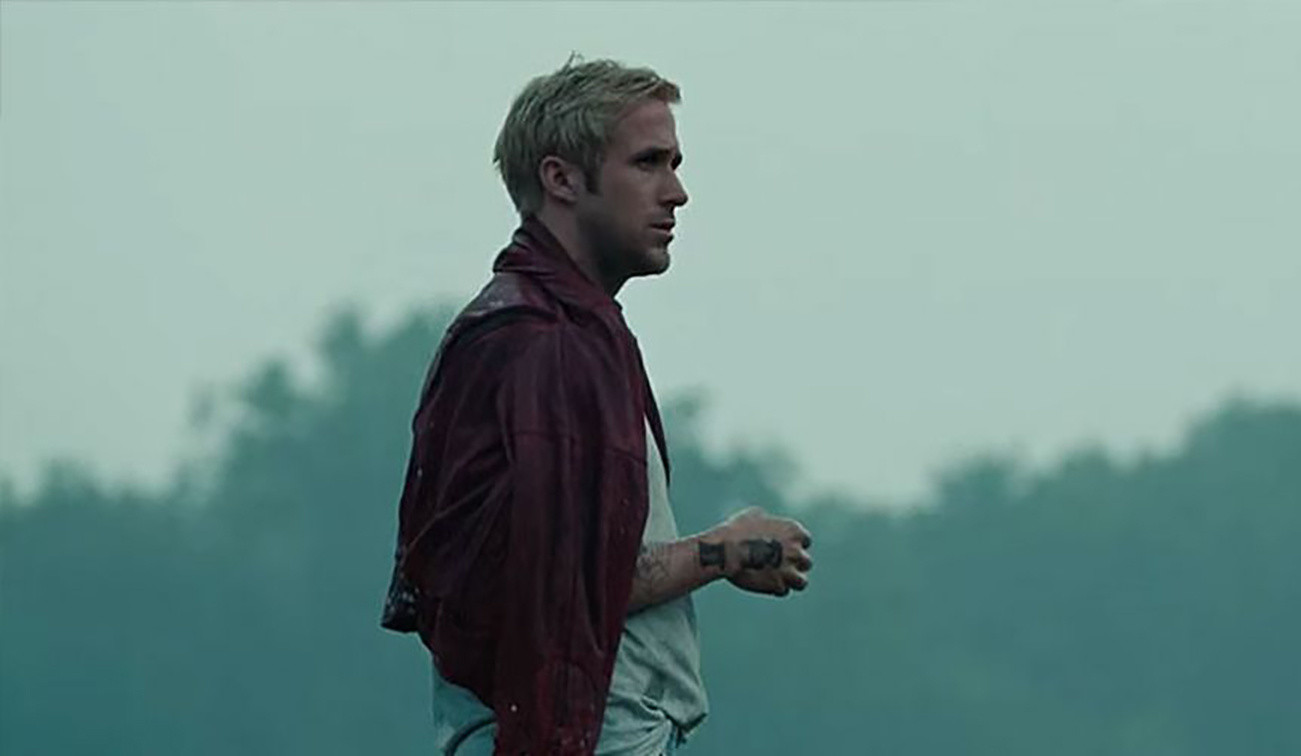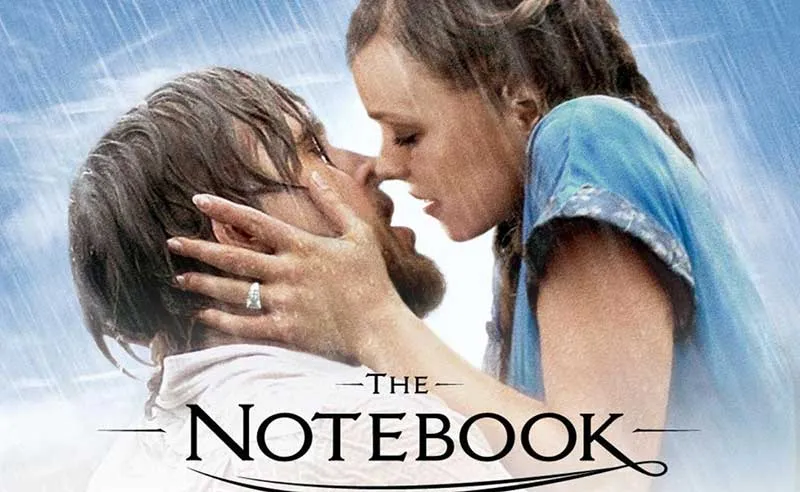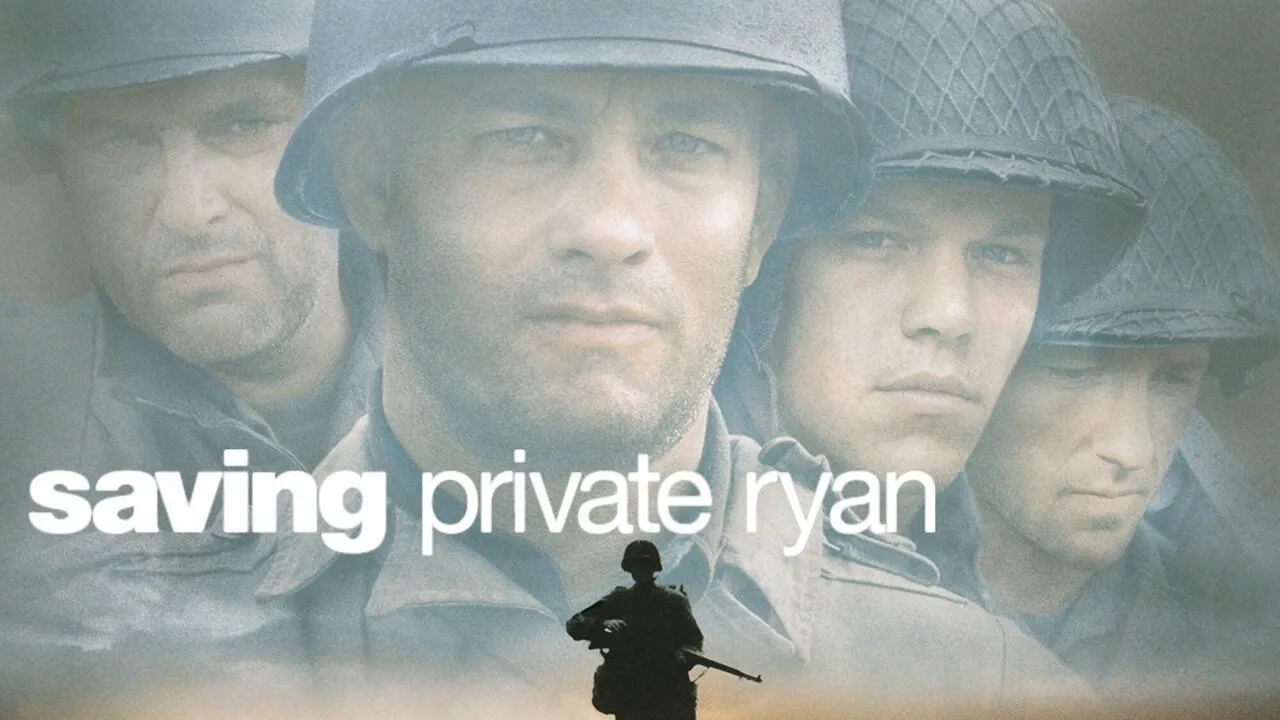The Place Beyond the Pines (2012): A Haunting Tale of Fathers, Sons, and Fate
The Place Beyond the Pines (2012), directed by Derek Cianfrance, is a powerful and ambitious crime drama that explores the consequences of personal choices across generations. With its layered narrative, emotionally resonant performances, and meditative tone, the film stands as a haunting examination of fatherhood, legacy, and the unbreakable cycle of cause and effect. Starring Ryan Gosling, Bradley Cooper, and Eva Mendes, this film is not a typical crime thriller — it’s a morally complex story that quietly devastates and lingers long after the credits roll.
The film is structured as a triptych, each segment following a different character but all tied together by a single, fateful act. The first part focuses on Luke Glanton (Ryan Gosling), a brooding, tattooed motorcycle stunt rider who discovers he has a son with his former lover Romina (Eva Mendes). In an impulsive attempt to provide for his newfound family, Luke begins robbing banks, using his motorcycle skills for quick getaways. His descent into crime is driven by desperation and love, but it sets off a chain reaction that spirals far beyond his control.

The second segment shifts focus to Avery Cross (Bradley Cooper), an ambitious rookie cop who becomes entangled in Luke’s story. After a violent encounter with Luke, Avery finds himself wrestling with guilt, corruption within the police force, and the cost of ambition. As he rises in power, his decisions ripple outward, impacting lives in ways he doesn’t fully understand. Cooper delivers a subtle, conflicted performance, portraying a man trapped between duty and morality.
The final act jumps forward 15 years and centers on the teenage sons of Luke and Avery — Jason and A.J. Their paths cross in high school, unaware of their connected past. As the truth unravels, the weight of their fathers' choices comes crashing down. This final segment emphasizes the film’s central theme: that sins are inherited, and redemption is a complex, often painful process. The younger generation must confront the consequences of a legacy they didn’t choose, raising difficult questions about identity, justice, and forgiveness.

Cianfrance’s direction is poetic and restrained, favoring long takes, natural lighting, and quiet emotional beats over flashy visuals. The film’s tone is melancholic, enhanced by Mike Patton’s haunting score and the evocative cinematography by Sean Bobbitt. The upstate New York setting — full of shadowy woods, rural towns, and fading Americana — mirrors the film’s mood of faded dreams and moral decay.
The Place Beyond the Pines is not a conventional film. Its narrative structure can feel jarring, and the shifts in perspective challenge audience expectations. But it’s precisely this bold storytelling that gives the film its emotional power. It’s not just about crime or justice — it’s about how people inherit burdens, how they try to escape or atone, and how every action, no matter how small, echoes into the future.

With its deeply human performances and profound themes, The Place Beyond the Pines is a cinematic meditation on legacy, responsibility, and the invisible ties that bind fathers and sons. Quietly epic and emotionally raw, it is one of the most underrated dramas of its decade.
-1752034786-q80.webp)

-1751706895-q80.webp)
